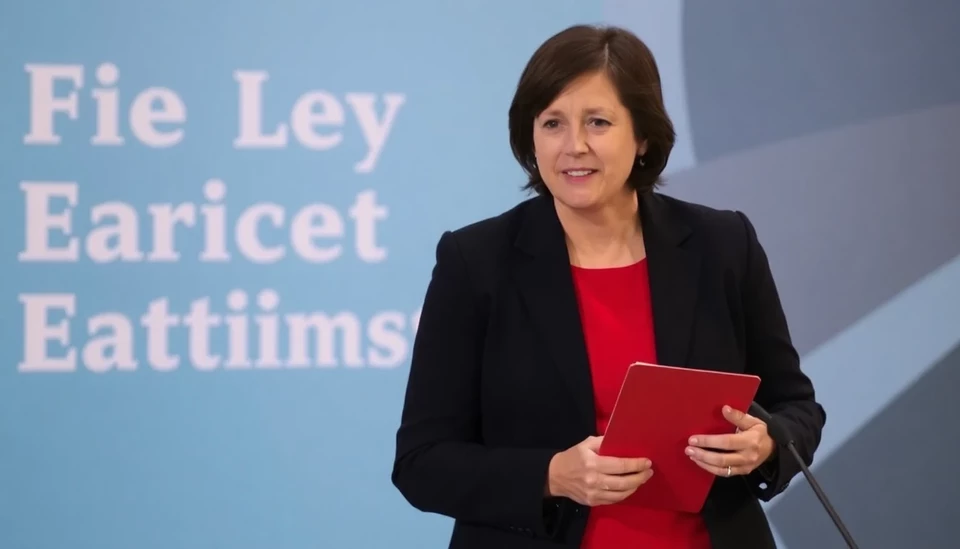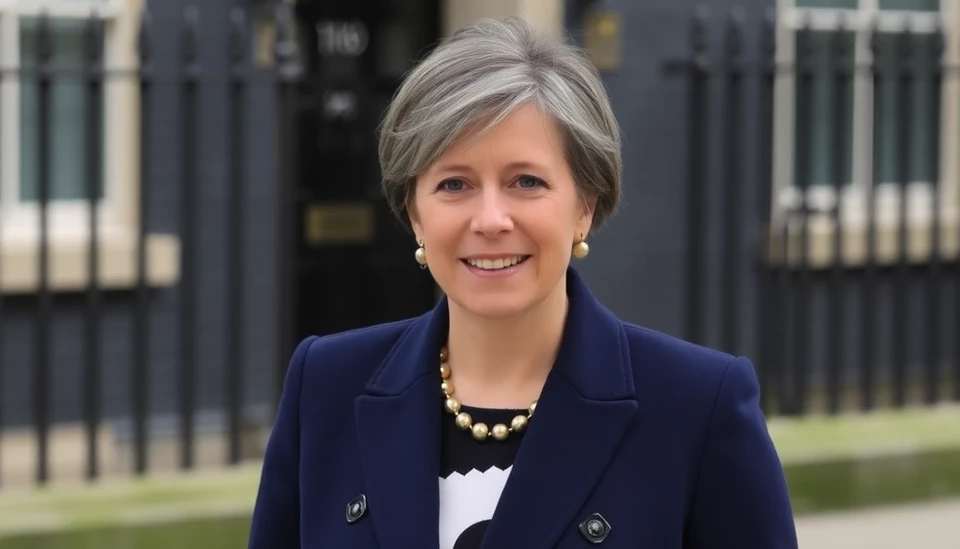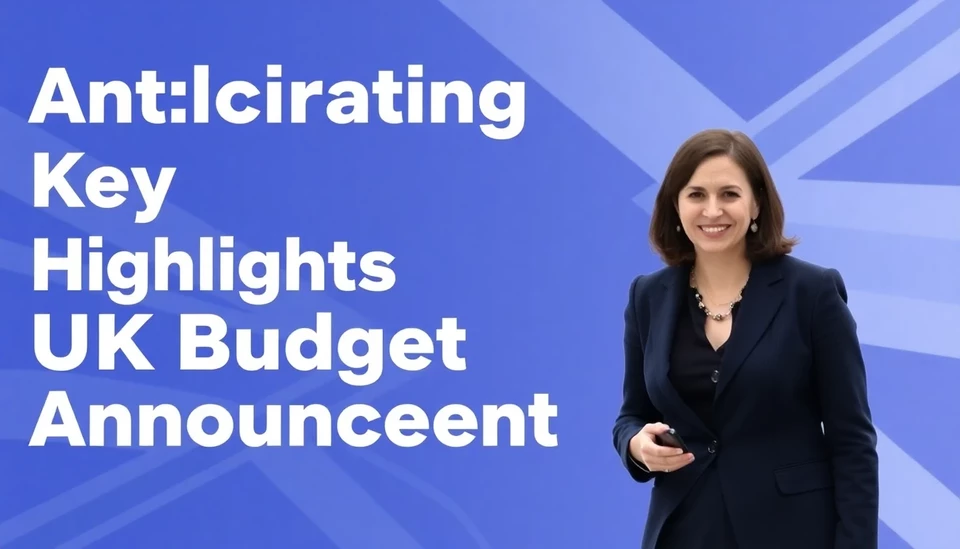
As the UK approaches a pivotal budget showdown, the ultra-wealthy are making their voices heard, pleading with the Labour government to reconsider planned tax increases. In an unprecedented move, financial magnates and real estate tycoons are rallying together to urge Labour not to impose additional financial burdens in the upcoming fiscal announcement scheduled for early November 2024.
The focal point of this urgent appeal is a proposed increase in taxes for high earners and corporations. Many within this affluent group argue that such tax hikes could deter investment, hinder economic growth, and ultimately stifle the very prosperity that the Labour administration ostensibly aims to bolster. They contend that punitive taxation could lead to a capital flight, pushing wealth and investment overseas, where the tax climates may be more favorable.
At the forefront of this conversation are some of the UK's most prominent figures in finance and real estate, some of whom possess net worths in the billions. They have begun to mobilize their influence, reaching out not only to Labour leadership but also engaging in discussions within business circles to highlight the potential repercussions of these fiscal changes.
Among the proposals that have stirred controversy are significant raises on capital gains tax and moves to tweak inheritance tax policies, which disproportionately affect the ultra-rich and may serve to redistribute wealth more evenly within the economic system. The wealthy are concerned that such measures will not only impact their financial well-being but also could have broader repercussions for jobs and economic activity across various sectors. They argue that increased taxation would lead to less spending and investment, creating a ripple effect throughout the economy.
Moreover, this group is not just voicing their concerns; they are also actively seeking to engage with Labour policymakers to influence the budget discussions. Many of these affluent individuals are leveraging their networks to advocate for lower taxes and suggesting alternative avenues for increasing government revenue—such as enhancing enforcement on tax evasion or optimizing existing taxation frameworks.
In a broader economic context, the UK is facing several challenges, including stagnant growth and rising inflation, which have made the upcoming budget all the more critical. The Labour Party has positioned itself as a champion for the working class, and navigating the demands of the ultra-wealthy while upholding social equity remains a complex balancing act for the government.
These discussions are expected to gain momentum in the lead-up to the budget announcement, with both sides poised to fight fiercely for their respective interests. As the Labour government prepares to deliver its fiscal strategy, the tension between the needs of the populace and the demands of the wealthy elite will undoubtedly be a focal point of debate and speculation among economists, commentators, and citizens alike.
In the face of this impending budget confrontation, the ultra-rich are stepping forward with a concerted effort to safeguard their interests, ushering in a new era of lobbying and influence that may shape the future of the UK's economic landscape.
As the date of the budget approaches, all eyes will be on the Labour government to see how they will respond to these powerful pleas and what impact their decisions will have on the nation’s economy and its wealth distribution strategy.
#UKBudget2024 #LabourParty #TaxDebate #WealthyVoices #EconomicGrowth #FiscalPolicy #CapitalGainsTax #Influence #WealthTax
Author: Samuel Brooks


